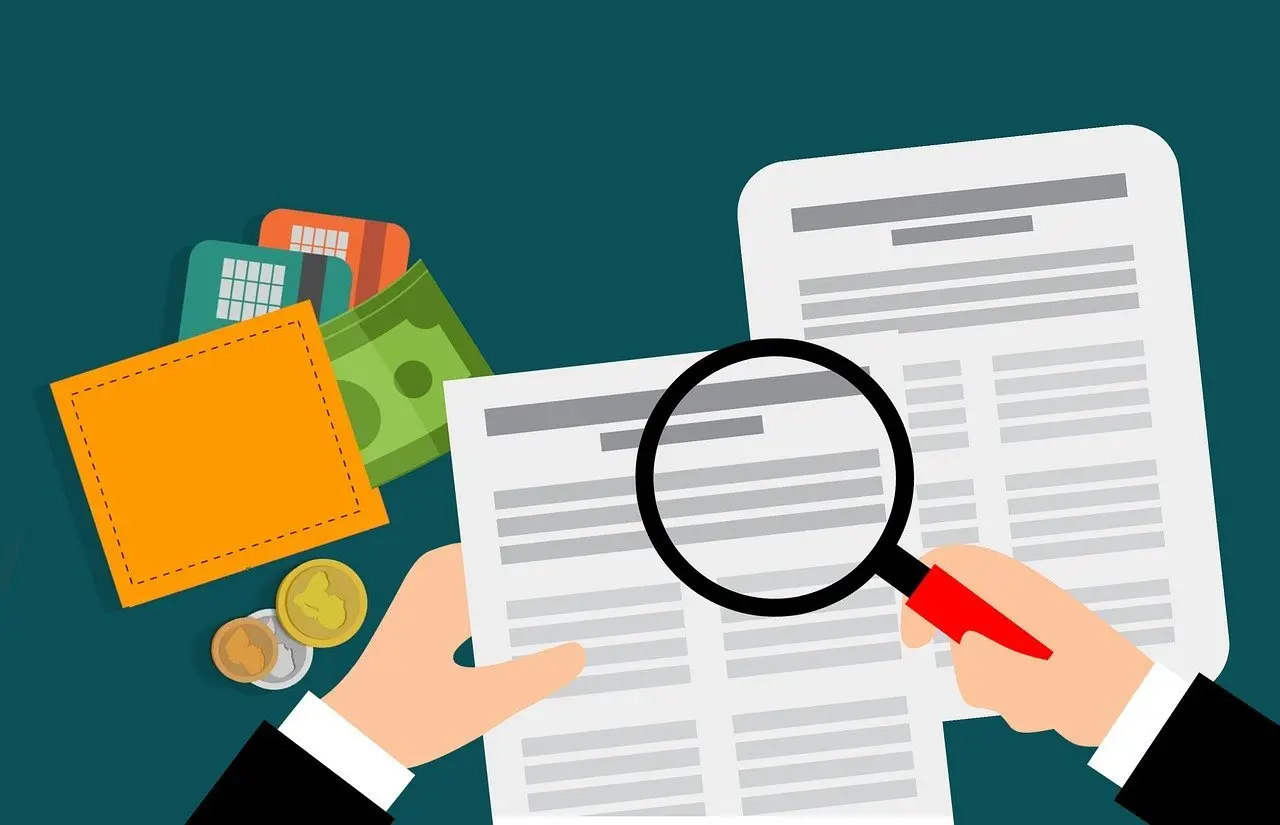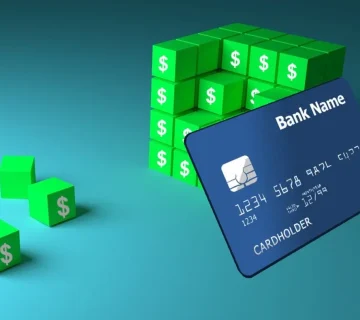Having a credit rating or a credit score is fundamental for life in a new city. A great credit score can guarantee you qualify for superior interest rates on contracts and other credits down the line. To induce building your credit history, having and employing a credit card is basic.
In this article, we will lay out what a credit score is, share profitable tips to assist you in constructing a great credit history as a newcomer in Canada and give data on how to check your credit score and arrange a credit report.
What is a Credit Score?
After you borrow money from a lender such as a bank, certain data is shared with a credit bureau. Over time, extra data, such as whether you’ve paid your bills on time, whether you’ve missed installments, and how much obligation you have outstanding, will get shared with the credit bureau. These variables go into calculating your credit score – a three-digit number that shows loan specialists your capacity to reimburse a credit – as detailed on your credit rating report.
Credit scores run from –
300: The most reduced score or the beginning point; to
750: The enchantment center number, which can likely qualify you for a standard credit; all the way up to
900: The most elevated score granted for great credit history.
The higher your score, the lower the risk is to the bank, and vice versa. A score beneath 750 will likely make it more troublesome to obtain credits or credit cards – you will get a lower credit restrain and get charged higher intrigued rates. For newcomers to Canada, in any case, most banks offer a credit card once you open a newcomer account with them – this usually suffices to induce you to get started on your path of building a great credit history in Canada.
Who can see and utilize your credit report?
Credit bureaus take after rules that characterize who can see your credit report and how they can utilize it. Those permitted to see your credit report include:
Banks, credit unions and other financial institutions, credit card companies, car renting companies, retailers, mobile phone companies, insurance companies, governments, employers, and proprietors. These businesses or people utilize your credit report to assist them advise lending decisions about you.
For the most part, you need to deliver authorization or your consent, for a business or person to get to your credit report. A few common laws permit government agents such as judges and the police to see parts of your credit report without your consent.
5 tips to build good credit
1. Make installments on time and pay off your sum in full each month
When banks audit your credit report and ask to see your credit score, they need to know how dependable you are with paying your bills – since more often than not, past installment execution is considered a great indicator of future execution. To construct a great credit history, it’s imperative to create all your installments on time. Whereas your credit card charge will continuously show the least sum owed, as somebody just starting with building credit, it’s best to pay off the balance in full each charging cycle.
Paying the complete sum each month too makes a difference, as you maintain a strategic distance from racking up credit card obligations.
2. Be wise with credit spending
Continuously remain inside your credit constrain. In case you have a credit card with a $1,000 CAD restrain, attempt to not go over that restrain. You ought to spend as it were what you’ll be able to pay back. Spending more than the authorized sum on a credit card can lower your credit score.
In the event that you max out your credit restrain each month, moneylenders see you to be a more prominent hazard. This holds evident even on the off chance that you pay your balance in full by the due date.
3. Constrain your amount of credit applications or credit checks
As you settle in Canada, it is ordinary and anticipated that you’ll apply for credit from time to time. A moneylender or other organization offering credit-based items may inquire to “check your credit” or “pull your report”. When they do so, they are inquiring to get to your credit report at the credit bureau. This comes about in a request into your credit report.
There are two sorts of credit checks: difficult hits and delicate hits.
Difficult hits: These are credit checks that will show up in your credit report and can affect your credit score. Anybody who sees your credit report will see these requests. Cases can incorporate an application for a credit card or mortgage, rental applications, and some work applications. On the off chance, there are numerous difficult credit checks in your credit report, loan specialists may think that you’re critically looking for credit and or attempting to live past your means.
Delicate hits: These are credit checks that show up in your credit report but only you can view these. These checks don’t influence your credit score in any way. Cases incorporate requesting your personal credit report or businesses asking for your credit score to upkeep their records for an existing account you own with them.
To control the number of credit checks in your report:
- Constrain the number of times you apply for credit;
- When shopping around for a car credit or a mortgage, get your quotes from diverse banks inside a two-week period. Your request will be combined and treated as a single request for your credit score
- Apply for credit only once you truly require it.
4. Report any mistakes on your credit report
Once you get your report, check for:
- Mistakes in credit cards and accounts, such as an installment you made on time that appears as late – this may affect your credit score as a result
- Errors in your individual data, such as an incorrect mailing address or false date of birth
- Accounts listed that you just never opened, which may be a sign of identity theft
- Negative data pertaining to your accounts that is still recorded after the maximum period it’s permitted to remain on your report.
Any irregularities or occurrences of extortion ought to be reported to the individual credit bureaus without any delay and get it rectified. Observing your credit on a standard premise can assist you spot mistakes some time recently they affect your credit rating.
5. Utilize diverse sorts of credit:
The number of credit items you’ve got (such as a credit card, line of credit, advances, etc.) influences your credit score. For newcomers to Canada, it is prescribed to begin off with a single credit card and continuously apply for other credit items afterwards strategically. As you get more set up in your new country, broadening your credit and having a blend of credit items may make strides in your credit score. Be that as it may, make sure you’ll pay back any money you borrow, otherwise, you may end up harming your score by taking on too much obligation.
How to check your Credit Score
It takes at least a couple of weeks to a month for newcomers to get their first Canadian credit card and some extra months of credit transactions to create a credit history.
You’ll be able check your credit score through these ways:
1. Through credit bureaus:
EQUIFAX and TransUnion are the two major credit rating organizations in Canada, and you’ll be able to select either one to get your credit report. Point-by-point information to gain the report is accessible on the particular websites. Your credit score on each credit bureau may somewhat vary as each organization may consider diverse components while calculating your credit score. Equifax refers to your credit report as “credit file disclosure” whereas TransUnion alludes to it as “consumer disclosure”.
2. Through select banks:
If you’ve got an account with a major Canadian banking system that offers this service, you’ll be able to view your credit score complimentary, anytime, through their online banking.
3. Through third-party companies:
A few companies offer to provide your credit score without charge. Others may inquire you to sign up for a paid benefit to see your score. Make sure you are doing your research before giving a company your data. Carefully read the terms of utilization and security policy to know how your personal data will be utilized and stored. For example, find out if your data will be sold to a third party. This could result in you receiving unsolicited offers for products and services. Be careful of fraudsters who offer free credit scores in an attempt to get you to share your individual and financial information.
How long does data remain on your credit report?
Positive data in your credit report remains indefinitely, from the time the report was made. Negative data (that influences your credit score) such as late installments or defaults generally stays on your credit report for six years. Be that as it may, some data may remain for a shorter or longer period of time. Learn the approximate timelines for particular cases on the Financial Consumer Agency of Canada site.
Credit is fundamental to life in Canada and building a great credit history takes time, so, be understanding. Being mindful of variables that influence your credit rating can assist you make way better financial choices.




